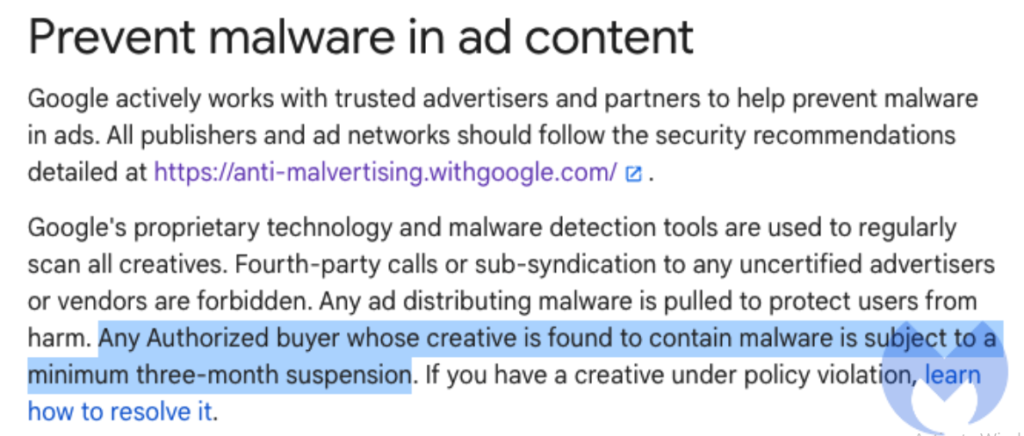An NFT influencer is in shock following the draining of his cryptocurrency wallet as a result of his click-through on a malicious Google Ad. He tried to download video streaming software, the influencer writes. He chose the Google Ad link assuming it was the same thing as the organic result instead of the organic result. He was unaware that the ad contained spyware, which caused the loss of his whole cryptocurrency wealth.
‘NFT God,’ a Twitter influencer, revealed it over the course of several tweets on Sunday.

My entire digital livelihood was violated last night.
Every account that was associated with me, personally or professionally, was compromised and utilized to harm other people.
Less significant was the fact that I suffered a significant loss of wealth.
Twitter user @NFT GOD 15 January 2023
He continues by saying that he attempted to download OBS, an open-source program for streaming video. He chose the advertised version of the outcome rather than the organic one, then installed it. He didn’t realize the sacrifice for hours.

The influencer, whose real name is Alex, says he didn’t notice something was off until he saw a few phishing tweets from two other Twitter identities that were following him.
His Substack account was also compromised, and the attackers sent phishing emails to his 16,000 subscribers. In the NFT industry, phishing assaults are common; here are some pointers to help you anticipate them.
What was lost by the NFT Influencer in the Google Ad Scam?

The influencer lost at least 19 ETH in total, which was then equivalent to roughly $30,000. The con artist also removed other NFTs, including a Mutant Ape Yacht Club NFT with a current floor price of $25,000, from his wallet.
Blockchain information demonstrates that the attackers moved the ETH between several wallets. Following that, the con artist transferred it to the FixedFloat DEX and traded it for unidentifiable cryptocurrencies.
Alex claimed that he made the terrible mistake of making his hardware wallet a hot wallet. The hackers were able to access the NFTs and cryptocurrency assets as a result.

The use of Google Ads to target naïve people is on the rise, with Alex’s case being the most recent example. A cybersecurity company called Cyble issued a warning about the malware called “Rhadamanthys Stealer” on January 12. Through Google Ads on “very convincing phishing webpages,” it is being propagated.